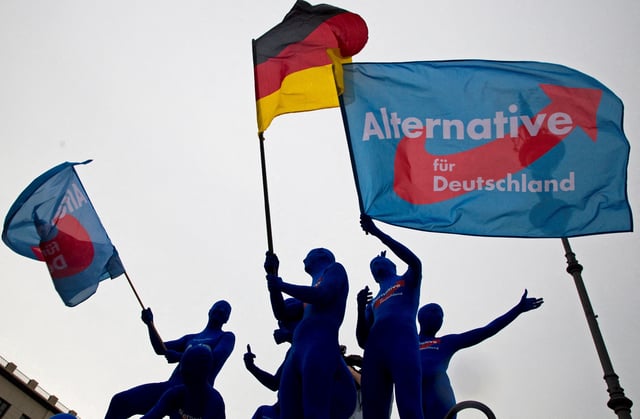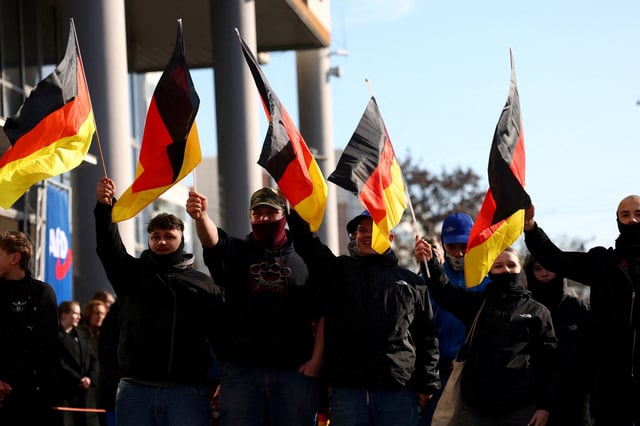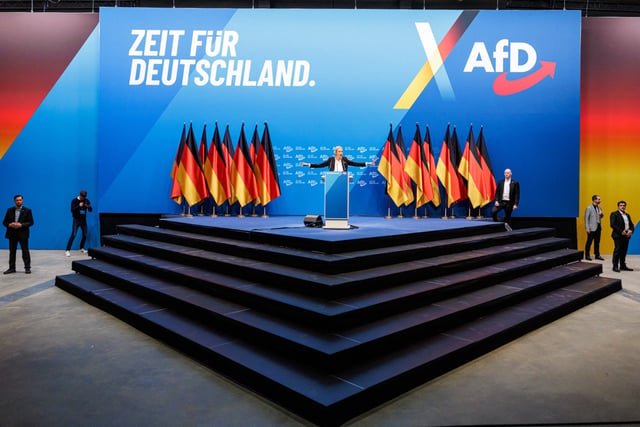Overview
- Germany's Federal Office for the Protection of the Constitution officially classified the Alternative for Germany (AfD) party as a proven extremist organization, citing its ethnic-exclusion ideology and anti-Muslim rhetoric.
- The designation lowers legal barriers for surveillance measures, including wiretaps, informants, and monitoring of party activities, marking a significant escalation in state oversight.
- AfD co-leaders Alice Weidel and Tino Chrupalla condemned the move as politically motivated and vowed to challenge it in court, framing it as an attack on democracy.
- The decision has reignited calls within Germany to ban the party, though Interior Minister Nancy Faeser emphasized the need for a careful legal process to evaluate such measures.
- U.S. Secretary of State Marco Rubio criticized the classification as undemocratic, while Germany's foreign ministry defended it as a constitutional safeguard against extremism.



